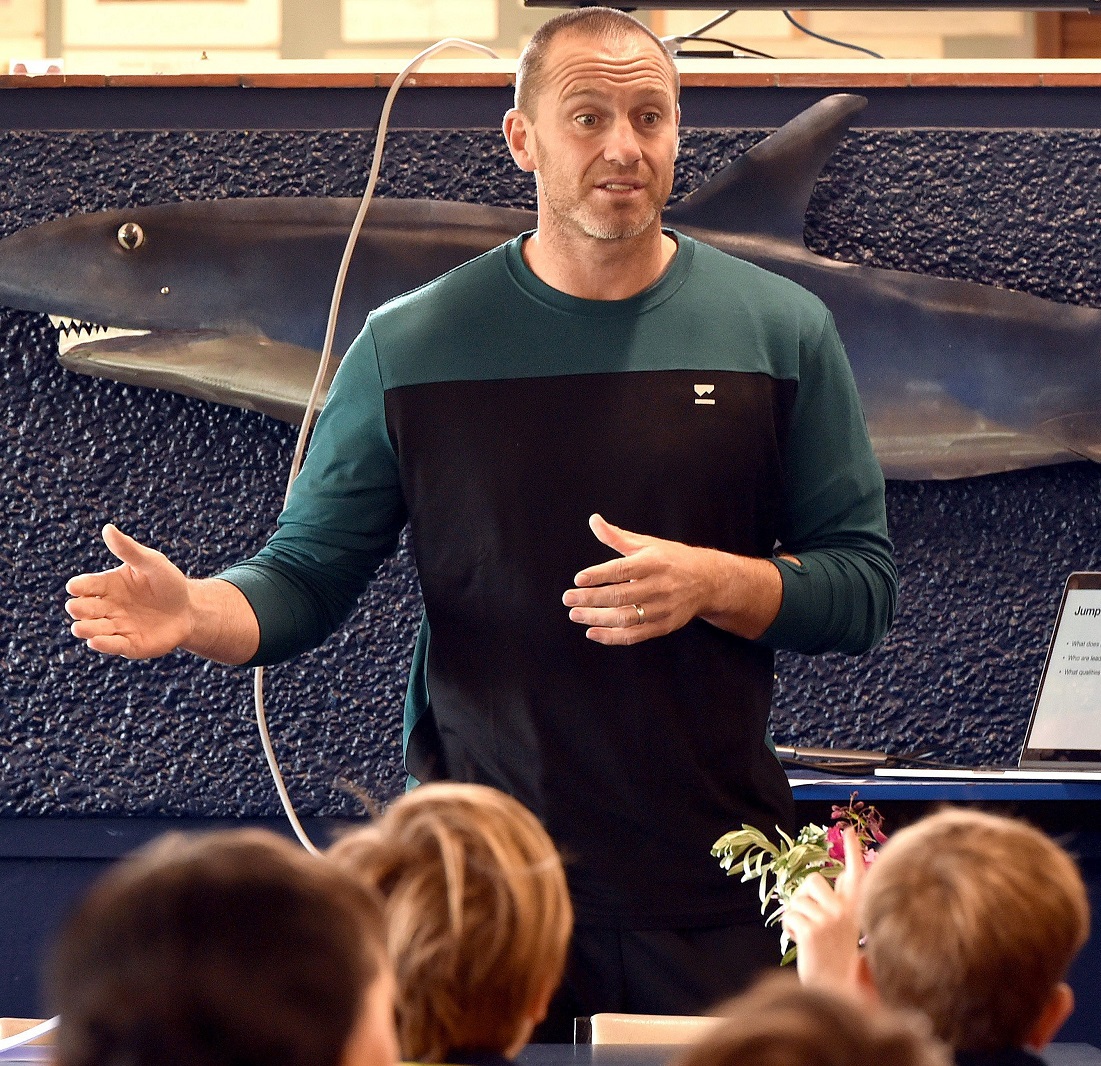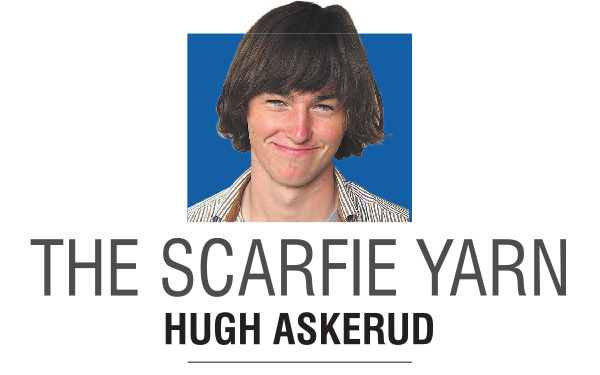
Granted, I love Dunedin to bits, but it’s generally true that most students don’t give a rat’s about the city.
Even if they have trekked the peninsula, danced to their heart’s content at the Crown, or rallied behind the blue and gold, most are gone within three years and leave without a second thought.

And this is fine, of course. It would be absurd to expect every student to have intricate ties to a city they may have barely glimpsed.
But the problem is, if we don’t give even a smidgen of thought to the city we inhabit for three-plus years, we risk destroying it.
Now, I will say that the damage to property and the broken glass facets of student life are mostly exaggerated in the minds of Dunedinites.
The alleged griminess of studentville gets brandished in the media as a weapon against students, and tales of broken glass become great overarching narratives of student evils.
Yet, there is an argument to be made that students are treating Dunedin with less respect.
There is undoubtedly more glass on streets: even the Otago University Students’ Association (OUSA) loosely addressed this in its "Don’t be a Dick" campaign. It’s a growing problem.
But the key to solving the problem and curbing student carelessness isn’t accurate signage, it’s about re-engaging with students as a city.
Instead of hemming people in, we must open the eyes of students to the wider Dunedin community.
How we do this is a slightly more complex issue. Bringing 20,000-plus students back into the fold of Dunedin life is not a straightforward process.
But a start must be made by OUSA and the Dunedin City Council if students and Dunedinites are to follow.
OUSA probably has the biggest role to play in this.
It is its responsibility to represent students, and right now students look like crap to he wider Dunedin community.
Furthermore, OUSA has the ability (sometimes) to change student behaviour.
All of these things considered, I have an idea which has the capacity to slightly fix things.
I call it DUN101, a five-lecture series which would cover topics relating to Dunedin over the Orientation week period.
The topics would be on key cultural or historical facets of the city which students could readily engage with.
How cool would it be to have a lecture on the Dunedin Sound hosted by prominent musos, or a lecture on sport with Jamie Joseph spinning a few yarns?
Bringing celebrity-esque people along to the events as either panellists or quasi-lecturers would provide an incentive for students to rock up. Try telling me that you wouldn’t pack out St David’s lecture theatre with Ben Smith as the special guest?
Subtly educating students about the beauty of Dunners would provide an incentive to get stuck into the culture of the city and not treat it terribly.
In this way, every first-year would start their university experience with a taste of the city which they now have three years to experience for themselves.
Instead of students opening themselves up to the beauties outside of studentville in their third year, as is standard, students would have the chance to see Dunedin from the get-go.
In my mind, the only way something like this happens is if OUSA gets on board.
OUSA basically runs the student experience side of Orientation Week and has the capacity to bring in a series of actors to make such a project happen.
The university could do it, of course, but I don’t think it has the gung-ho to take on such a bold task (although I would love student services to prove me wrong).
Get the DCC on board, get the Highlanders, get the musos, the surfers, and anyone else who makes this city special.
Students need to see the beauty of Dunners beyond what they already know.
If students are to remain an important part of Dunedin’s culture, they need a way of engaging. DUN101 has got a ring to it and sometimes that’s the most important thing.
I would love to see OUSA grab this one by the scruff, make it happen, and create the perfect armistice in the war between town and gown.
• Hugh Askerud is a 20-year-old local and student at the University of Otago, majoring in politics and religious studies.












